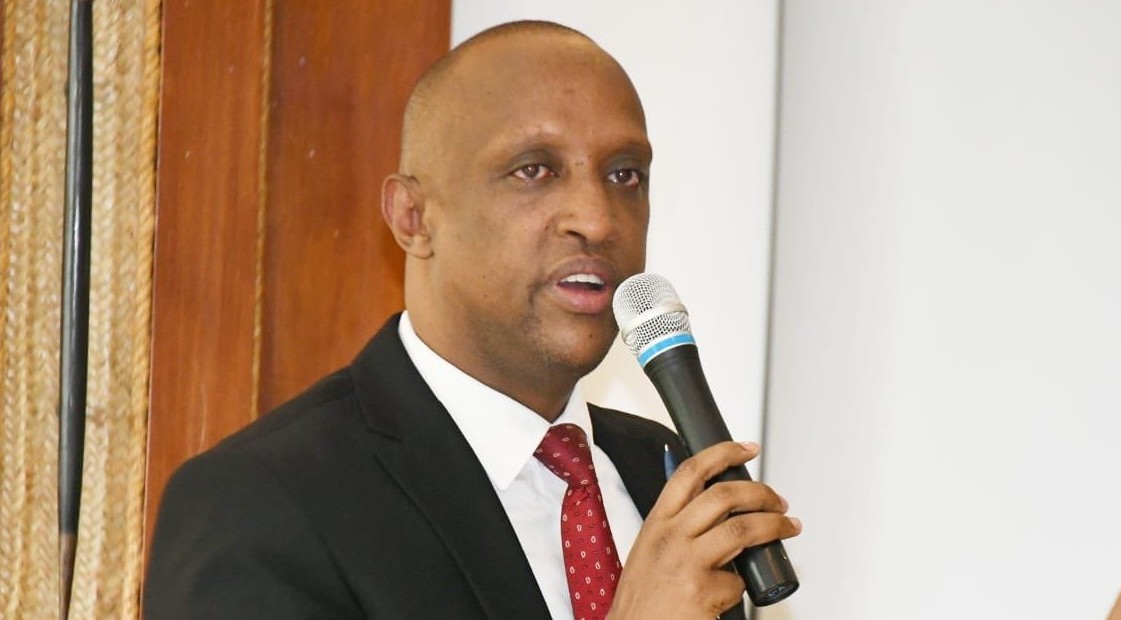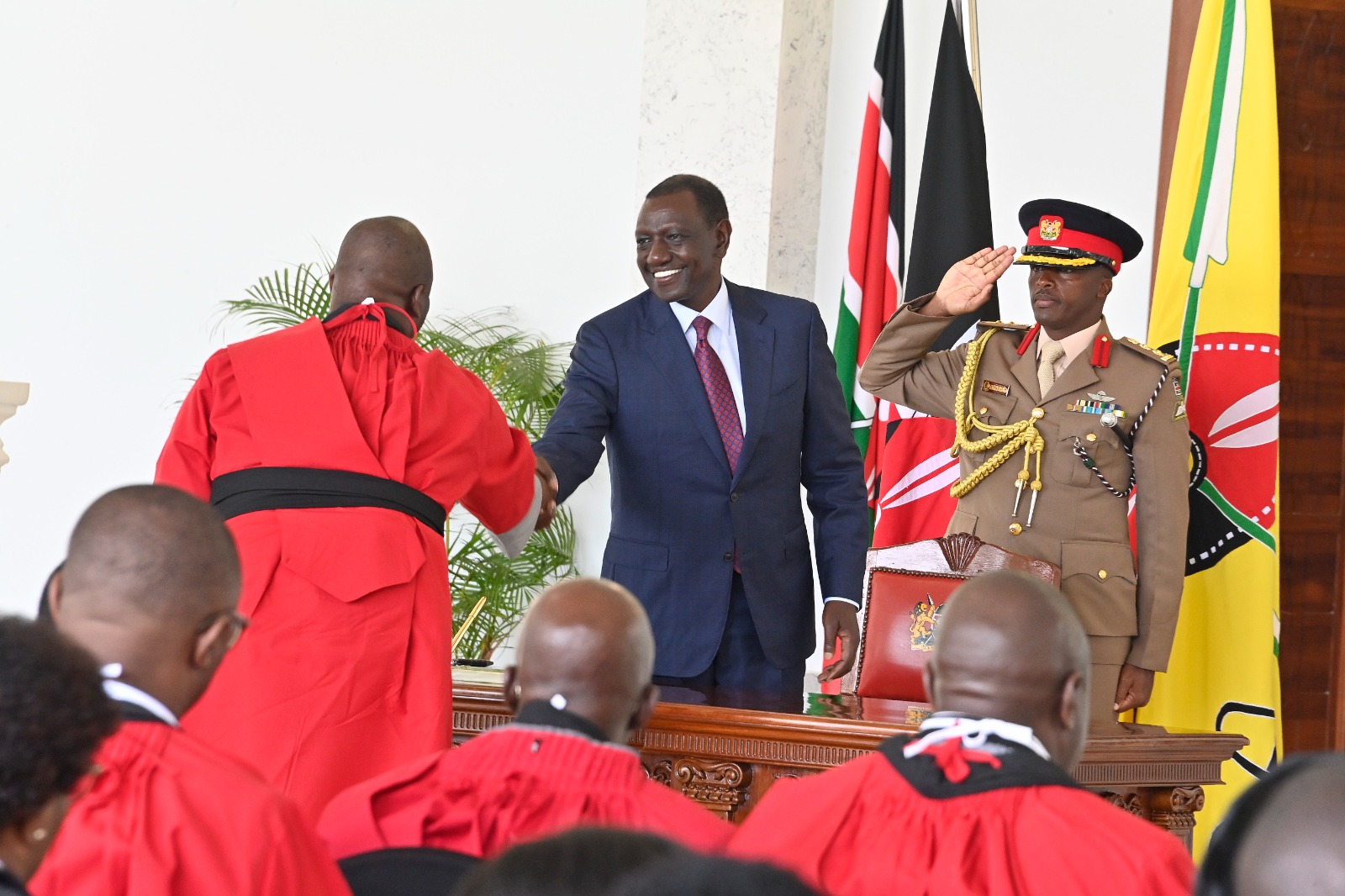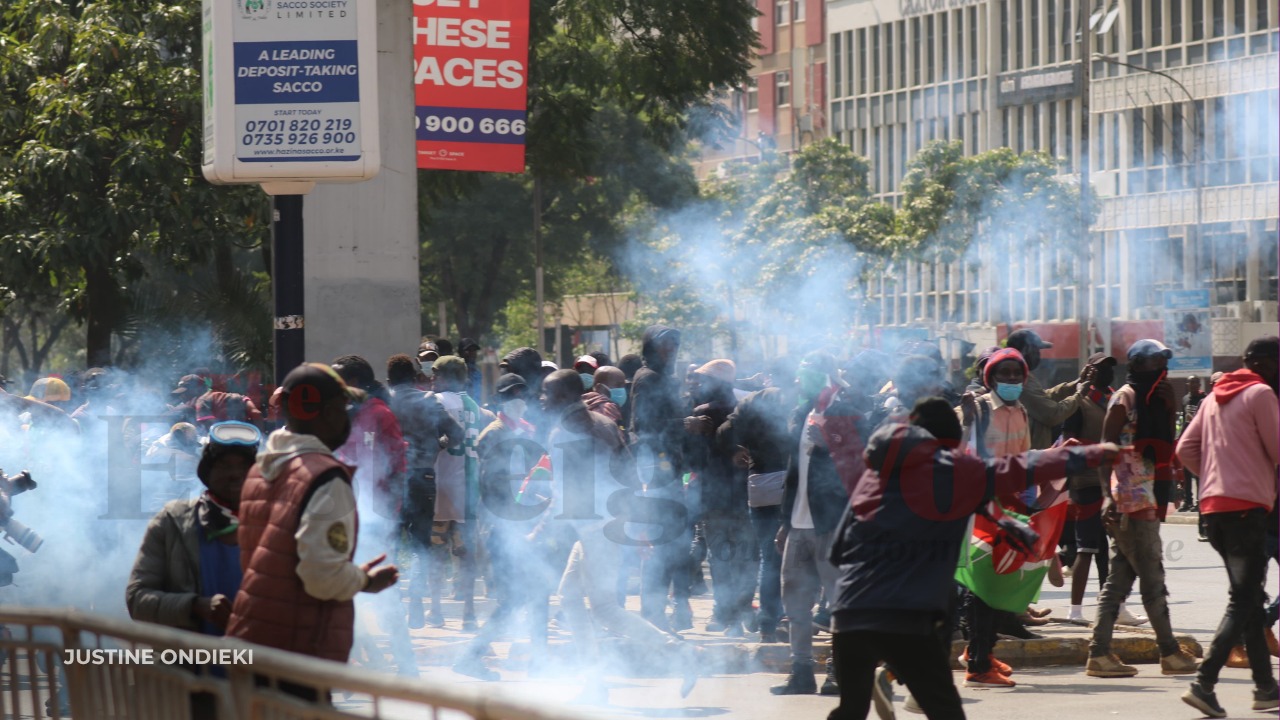ASAL principals protest demotions, call for fair promotions and staffing

National Secretary Abdi Noor Haji said 1,864 school heads who had been promoted to principal, senior principal, and chief principal roles had their promotions revoked on grounds they had not completed three years in the new grades.
Secondary school heads serving in hardship areas have protested the cancellation of their promotions, calling on the Teachers Service Commission (TSC) to reform its policies and urgently address the challenges facing schools in arid and semi-arid regions (ASAL).
Speaking during the close of the Kenya Secondary School Heads Association (KESSHA) annual conference in Mombasa, National Secretary Abdi Noor Haji said 1,864 school heads who had been promoted to principal, senior principal, and chief principal roles had their promotions revoked on grounds they had not completed three years in the new grades.
More To Read
- Principals demand three-year cycle for fees, capitation review
- 65,000 trained teachers unemployed as CS Ogamba pushes for data-led deployment
- TSC defends promotion criteria amid scrutiny, citing fairness and inclusivity
- MPs grill TSC over "flawed" hardship pay, unequal teacher deployment
- Officials accused of looting school funds in widespread extortion racket targeting capitation money
- Recruitment of new TSC boss halted after court injunction
Abdi explained that the affected teachers were interviewed and promoted, only for TSC to later cancel the promotions, dealing a blow to morale among staff serving in some of the country’s toughest environments.
"This is demoralising. These teachers were promoted to principal, senior principal and chief principal positions, but their promotions were revoked," he said.
He urged TSC to consider teachers for promotion after serving in hardship areas for just six months, rather than waiting for three years, noting that attracting and retaining qualified staff in such areas was extremely difficult.
"Despite the acute shortage of teachers in ASAL counties, getting qualified teachers for such positions is very hard," he said.
Abdi also criticised a growing trend where some teachers exploit hardship areas to secure employment or promotions before quickly seeking transfers to more comfortable locations.
"Many teachers use hardship counties to get teaching jobs, and after being confirmed or promoted, they always ask for a transfer," he said.
He warned that these staffing gaps are severely affecting the implementation of the Competency-Based Education (CBE) curriculum in ASAL regions, where a lack of subject specialists has left many schools unable to offer critical disciplines.
"The shortage of teachers in arid areas is worrying because there are very few science teachers and subjects like computer are not being taught in schools in ASAL areas," said Abdi.
"We do not have computer science, home science, woodwork and others, which makes us wonder how the children in these areas will be taught as we implement CBE," he added.
KESSHA chair Willie Kuria, who also addressed the forum, urged the government to revise the current school fees and capitation policy every three years to match the country's economic state and school needs.
"The government should have a policy which will ensure the distribution of capitation funds and fees per student payment reflects the country's state of economy," said Kuria.
He also called on the TSC to expand job groups to include new grades up to D7, and to promote acting principals who have served for more than six months.
Top Stories Today












































